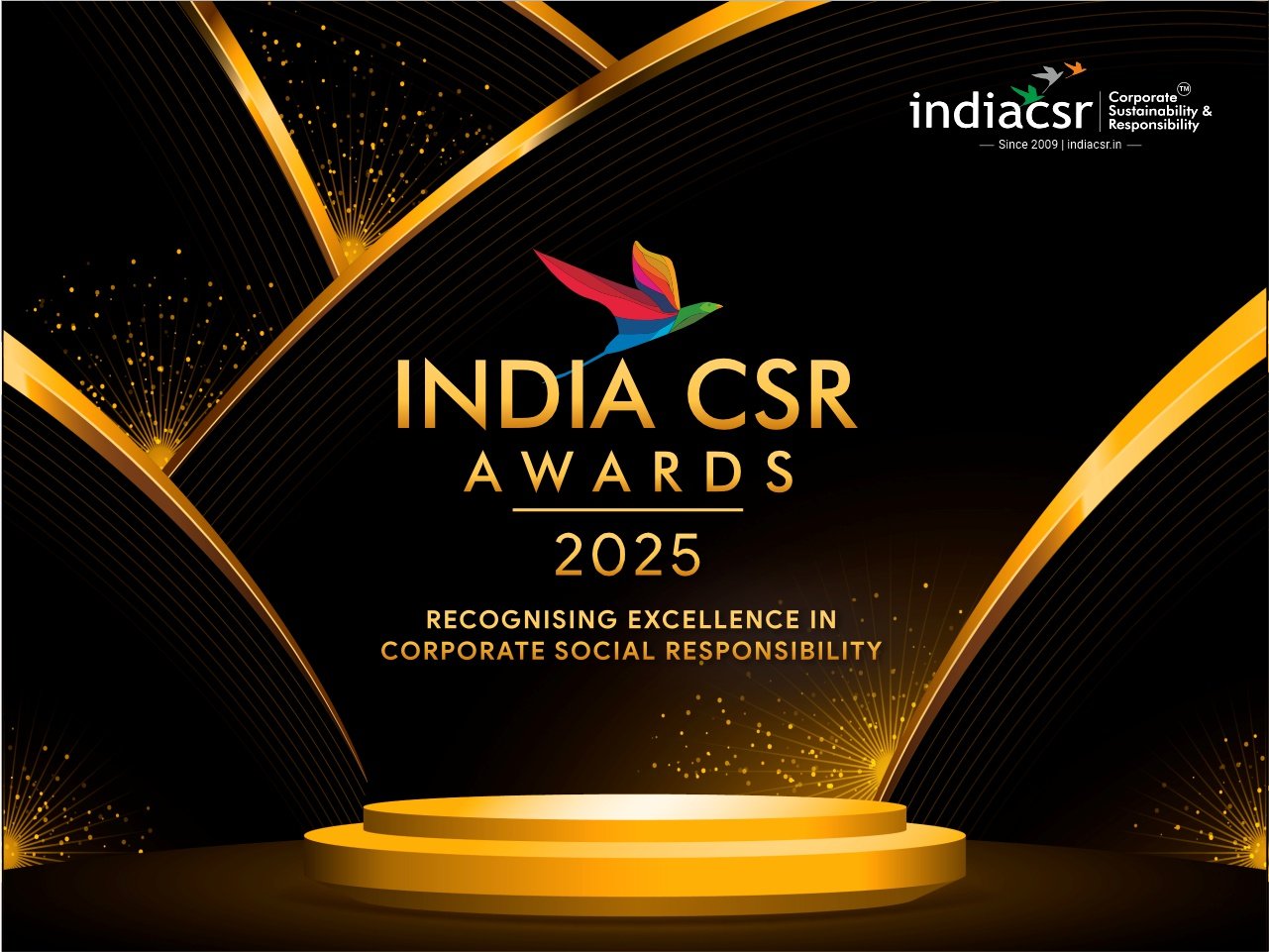India CSR News Network
GURGAON: Delmira Rehabilitation Services, a startup have plans to open six centres in Delhi-NCR by this financial year, Delmira Rehabilitation Services aims for a pan-India presence by 2019.
Ametesh Khare, Executive Director, Delmira Rehabilitation Services today said, “We have plans to give rehabilitation services a different shape and outlook which would be more systematic and organized, the same would be transparent, lucrative, affordable, scientific, predictable, approachable. The same would reduce the overall management cost by 30%.”
Delmira Rehabilitation provides solution for plethora of disorders ranging from Autism, Bells Palsy, Back Pain, Frozen Shoulder, Cerebral Palsy and the like.
As per a report, with every three out of 1000 children in Haryana suffering from some form of neurological disorder, the matter needs serious attention. According to World Health Organization (WHO) estimates, 10 per cent of the global population suffer from some form of disability; in India, it is 3.8% of the population. Nearly 15-20 per cent of the total physically handicapped children suffer from Cerebral Palsy (CP). In Haryana alone, stroke is one of the leading causes of death and disability.
At a panel discussion on rehabilitation of the physically handicapped, Dr. Sumit Singh, consultant neurologist, Artemis Hospital highlighted the role of rehabilitation and drugs in management of adult spasticity where as Dr. Anshu Rohatgi, consultant neurologist, Sir Ganga Ram Hospital threw light on spasticity management in paediatrics and Dr. Vipul Shandilya, Medical Director of Delmira Rehabilitation Services also demonstrated a live injection procedure and answered questions from audience.
Even though India is a leading generic drugs producer, commonly used secondary prevention drugs are beyond the reach of many. By providing consistent treatment and ensuring regular monitoring, Delmira Rehabilitation Services cuts medical treatment costs by about 30%. Quality rehabilitation services are a boon for needy patients. However, the rehabilitation services are largely unorganized in India, run by amateurs who have limited expertise and thus lack holistic approach to cure disorders.





















